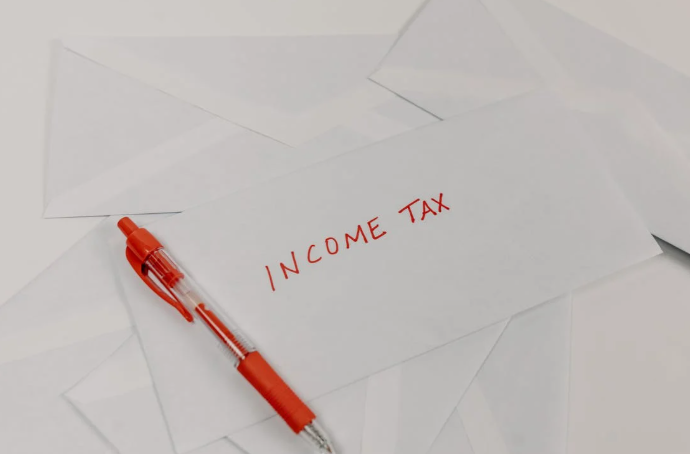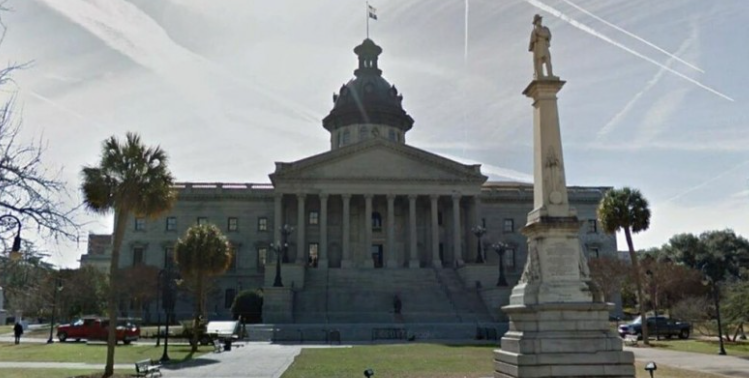A bill with the long-term goal of eliminating income taxes in South Carolina received significant approval in the House of Representatives on Tuesday.
The passed legislation proposes an initial restructuring of income tax rates that would result in lower costs for many taxpayers, although approximately one in four filers would see an increase in their tax burden.
This new proposal follows an earlier income tax reform plan unveiled by Republican leaders and the governor, which faced criticism after a report indicated it would initially raise taxes for a majority of filers. Subsequently, the House reworked the plan over several weeks before bringing it to a vote late Tuesday night, aiming for passage before the legislative session concludes on Thursday.
The bill establishes a statutory pathway towards the eventual elimination of income tax in South Carolina. Currently, the state has three personal income tax rates: 6.2%, 3%, and 0%, with the top rate being the highest in the Southeast.
Under the approved bill, the top income tax rate would be lowered to 5.39% for those with a taxable income of $30,000 or more. Individuals with incomes below $30,000 would be taxed at a rate of 1.99%. A fiscal impact report projects that this initial change would lead to a tax increase for about a quarter of South Carolina filers, while just over 40% would experience a decrease, and around one-third would see no change.
Members of the ultra-conservative Freedom Caucus and most Democrats expressed concerns that the projected initial tax increases would negatively impact too many people, leading them to oppose the plan.
However, the bill includes a mechanism for further tax rate reductions if state revenues allow. The two initial rates would eventually merge into a single flat rate of 1.99%, with the potential for gradual lowering and the ultimate elimination of South Carolina income taxes.
A proposed amendment to immediately reduce the income tax rate to zero was rejected due to concerns about the significant impact on the state budget.
After approximately an hour of debate, the House approved the bill by a vote of 68 to 46, sending it to the Senate. Senate leaders have indicated they will not take up the bill this year, preferring to study it further in the coming months. However, as this is the first year of a two-year legislative session, the Senate can revisit the bill when they reconvene in January.










